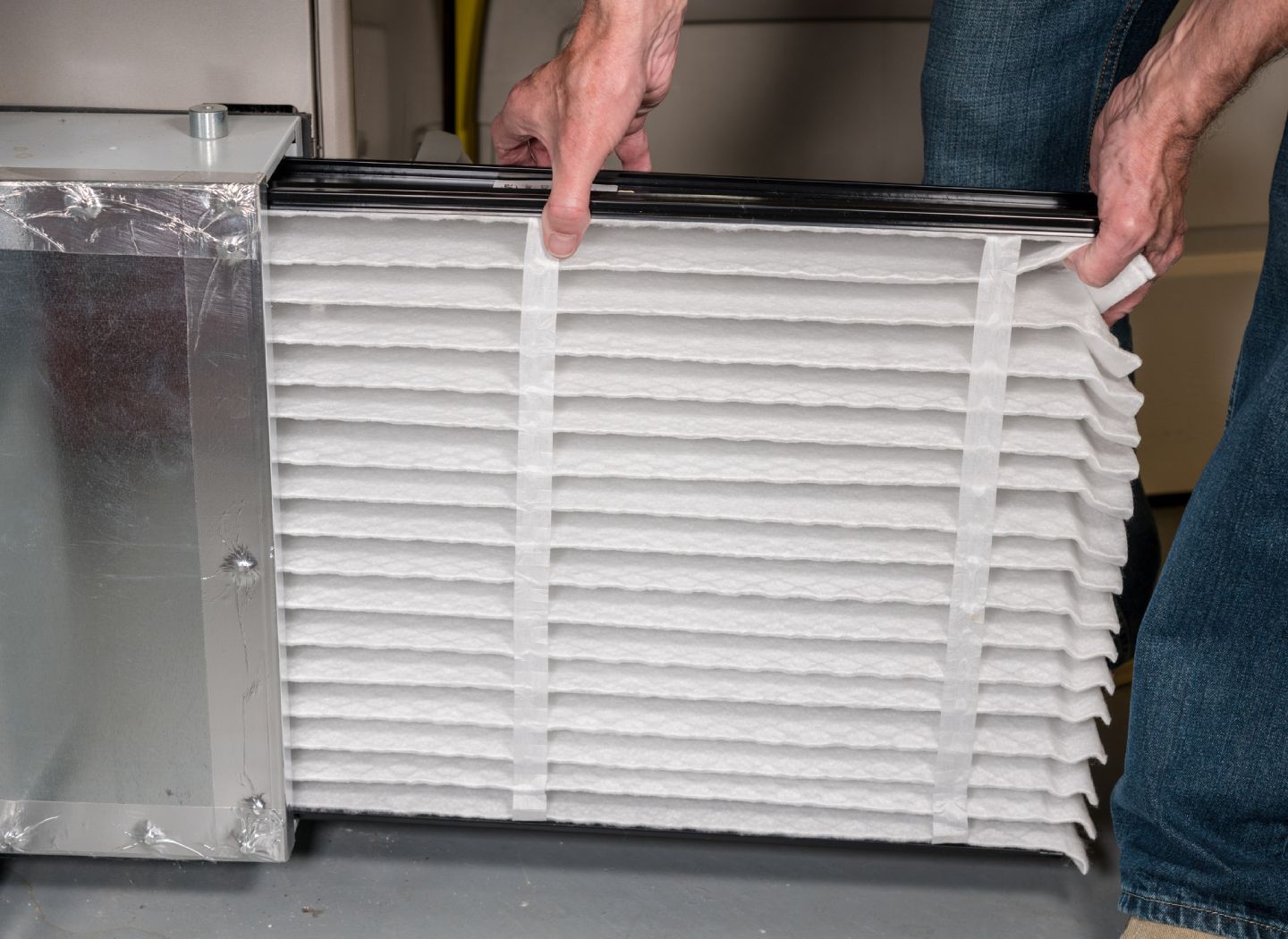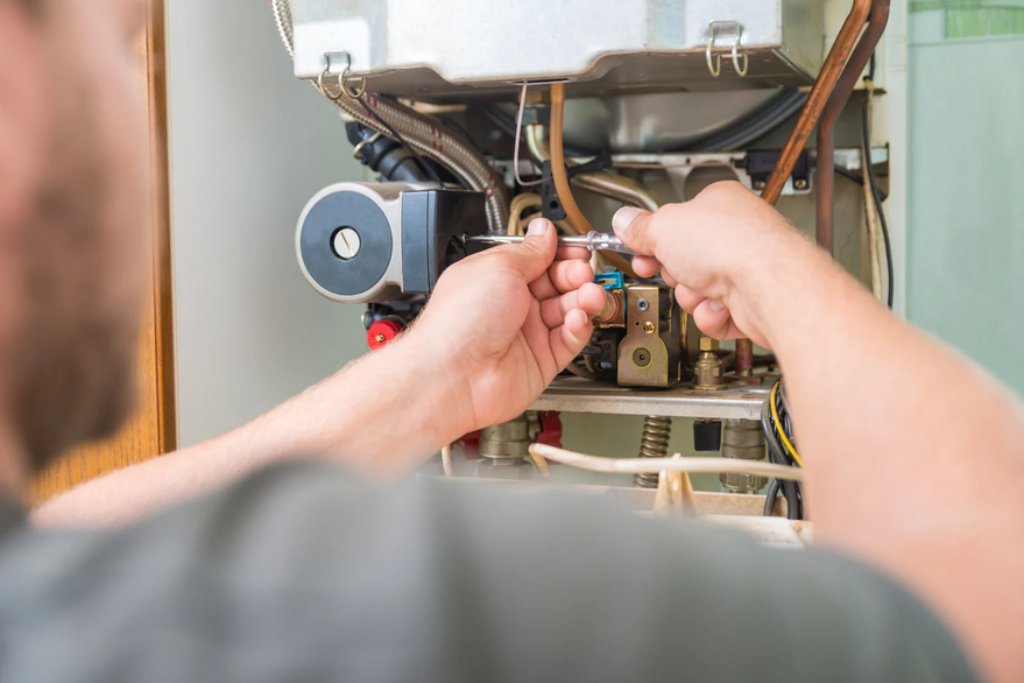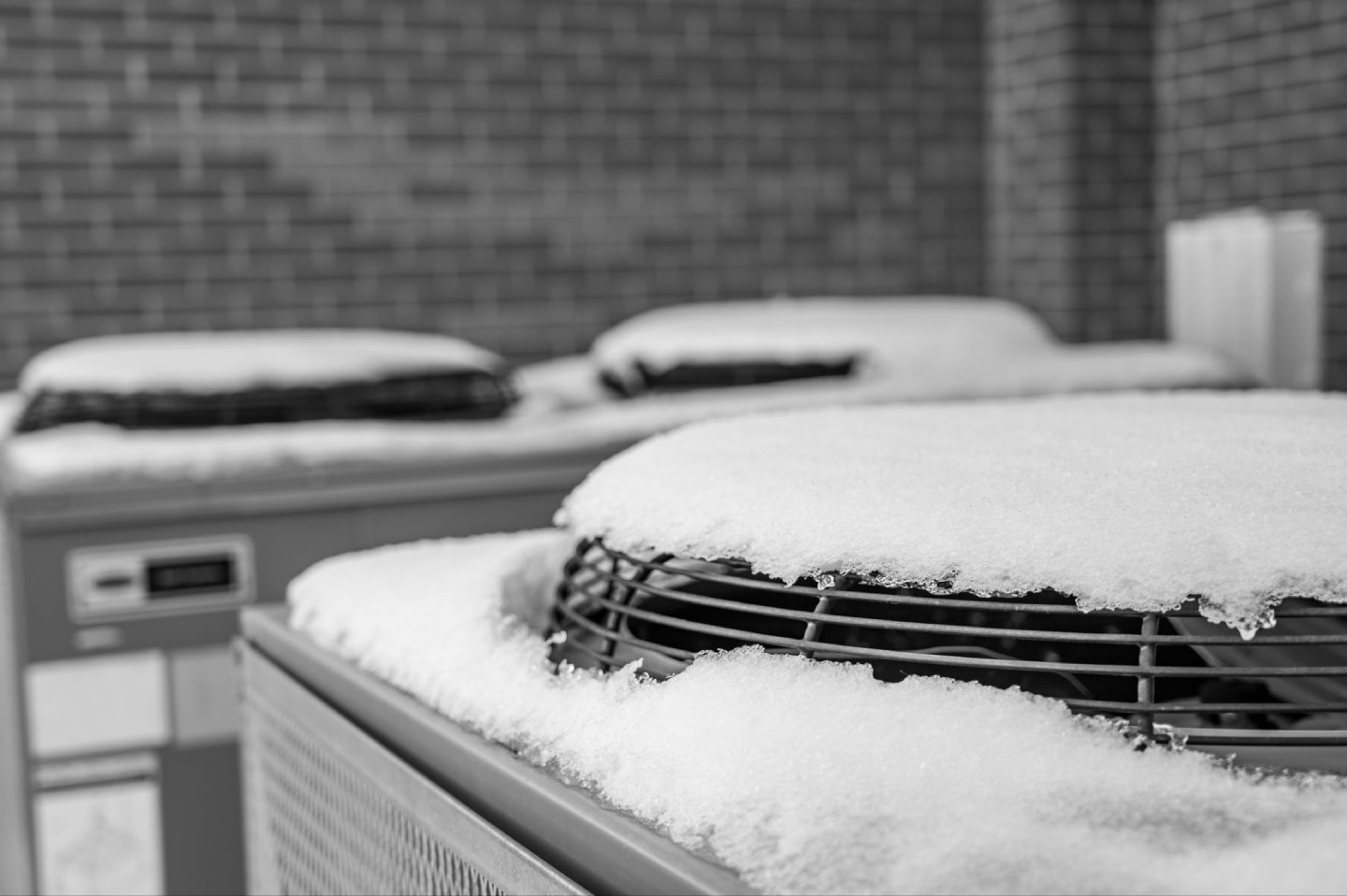Indoor air quality is a crucial factor in maintaining a comfortable and healthy living environment for you and your family. In Ottawa, with its fluctuating temperatures and seasonal changes, ensuring good air quality inside your home is even more essential. Your HVAC system plays a significant role in this process. In this blog post, we’ll explore the importance of indoor air quality, discuss how your HVAC system impacts it, and offer tips on how to improve the air quality in your Ottawa home.
Why is Indoor Air Quality Important?
Indoor air quality refers to the level of pollutants, allergens, and other contaminants present in the air within a building. Poor indoor air quality can negatively affect your health and well-being, leading to respiratory issues, allergies, and other ailments. In Ottawa, where residents spend a significant amount of time indoors due to harsh winters and hot summers, maintaining good indoor air quality is essential. Here are some key reasons why indoor air quality is important:
- Health and Comfort: Poor air quality can cause headaches, fatigue, and irritation of the eyes, nose, and throat. In the long run, exposure to pollutants can lead to respiratory diseases, heart disease, and even cancer.
- Allergy and Asthma Relief: Pollutants like dust mites, pet dander, and mold spores can trigger allergies and asthma attacks. Ensuring good air quality helps reduce these allergens and provides relief to allergy and asthma sufferers.
- Energy Efficiency: Proper ventilation and air filtration can improve the efficiency of your HVAC system, reducing energy consumption and lowering your utility bills.
The Role of Your HVAC System in Indoor Air Quality
Your HVAC system plays a significant role in maintaining good indoor air quality by controlling humidity levels, circulating fresh air, and filtering out pollutants. Here’s how:
- Ventilation: Your HVAC system brings in fresh outdoor air, diluting indoor air pollutants and reducing the concentration of contaminants. Proper ventilation is essential in Ottawa’s climate, where homes are sealed tightly to conserve energy during the winter months.
- Filtration: HVAC systems use filters to trap particles such as dust, pollen, pet dander, and mold spores, preventing them from circulating in your home. Regularly changing your HVAC filter ensures the system effectively captures these contaminants.
- Humidity Control: Excess humidity can lead to mold growth and an increase in dust mites, while low humidity can cause dry skin, irritated eyes, and respiratory discomfort. Your HVAC system helps maintain optimal humidity levels to promote good indoor air quality and prevent these issues.
Tips to Improve Indoor Air Quality in Your Ottawa Home
Here are some practical steps you can take to enhance the indoor air quality in your Ottawa residence:
- Change Your HVAC Filter Regularly: Check your HVAC filter at least once a month and replace it as needed. Opt for a high-quality filter with a MERV (Minimum Efficiency Reporting Value) rating of at least 8 to effectively capture airborne particles.
- Schedule Regular HVAC Maintenance: Have your HVAC system serviced by a professional at least once a year to ensure it’s running efficiently and effectively. Regular maintenance can also identify potential problems early, preventing costly repairs down the line.
- Use an Air Purifier: Consider adding an air purifier with a HEPA (High-Efficiency Particulate Air) filter to your home, especially in areas where you spend the most time. These devices can effectively remove allergens, pollutants, and other contaminants from the air.
- Control Humidity: Maintain an indoor humidity level between 30% and 50%. Use a dehumidifier during Ottawa’s humid summer months and a humidifier during the dry winter season to help achieve this balance.
- Keep Your Home Clean: Regular cleaning can reduce the number of pollutants and allergens in your home. Vacuum at least once a week using a vacuum with a HEPA filter, dust surfaces frequently, and wash bedding and curtains regularly to minimize dust mite populations.
- Improve Ventilation: Ensure proper ventilation by using exhaust fans in the kitchen and bathrooms to remove moisture and contaminants. During milder weather, open windows and doors to allow fresh air to circulate throughout your home.
- Avoid Indoor Pollutants: Limit the use of products that release volatile organic compounds (VOCs), such as certain paints, cleaning supplies, and air fresheners. Opt for natural alternatives or products with low VOC content whenever possible. Additionally, refrain from smoking indoors and ensure proper ventilation when using fireplaces or wood stoves.
- Maintain Indoor Plants: Adding indoor plants to your home can help improve air quality by absorbing pollutants and releasing oxygen. Choose plants known for their air-purifying properties, such as spider plants, snake plants, and peace lilies.
- Test for Radon: Radon is a naturally occurring radioactive gas that can seep into your home from the ground. Long-term exposure to radon can increase the risk of lung cancer. Test your home for radon and take necessary steps to mitigate it if levels are high.
- Address Mold Issues: Inspect your home for signs of mold growth, particularly in damp areas such as basements, bathrooms, and around windows. Address any moisture problems, clean visible mold with appropriate cleaning solutions, and consider hiring a professional if the issue persists.
Maintaining good indoor air quality is essential for the health and comfort of Ottawa residents. By understanding the role your HVAC system plays in indoor air quality and taking proactive steps to improve it, you can create a healthier living environment for you and your family. Remember to change your HVAC filters regularly, schedule routine system maintenance, and implement the tips provided above to enhance the air quality in your Ottawa home.






